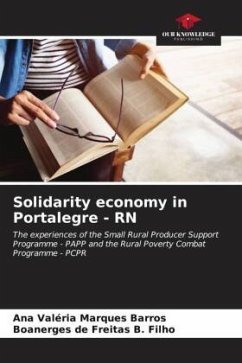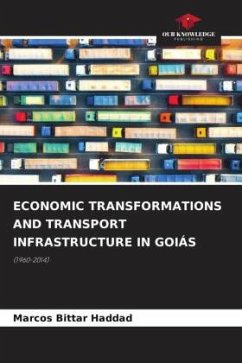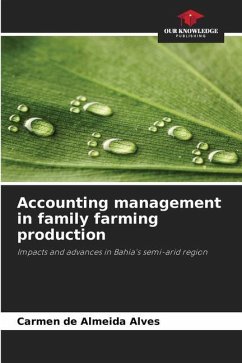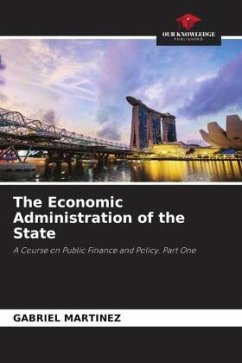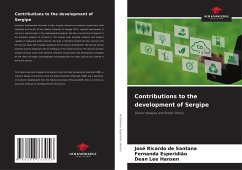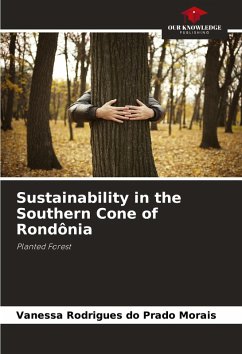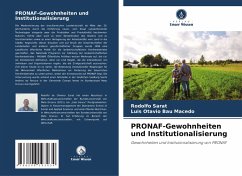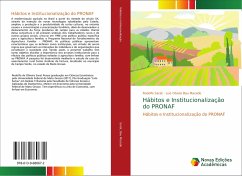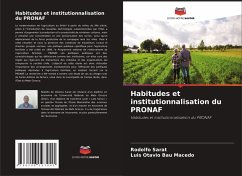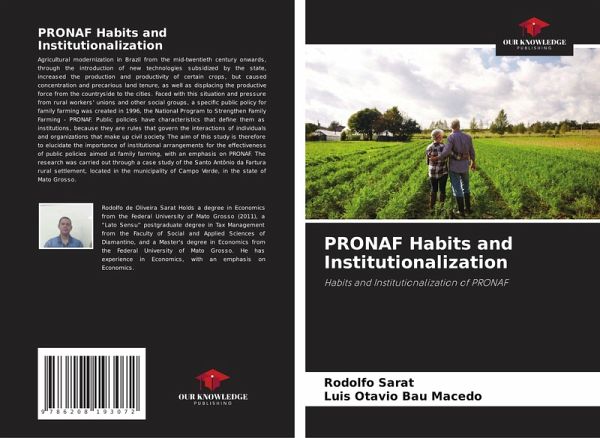
PRONAF Habits and Institutionalization
Habits and Institutionalization of PRONAF
Versandkostenfrei!
Versandfertig in 6-10 Tagen
36,99 €
inkl. MwSt.

PAYBACK Punkte
18 °P sammeln!
Agricultural modernization in Brazil from the mid-twentieth century onwards, through the introduction of new technologies subsidized by the state, increased the production and productivity of certain crops, but caused concentration and precarious land tenure, as well as displacing the productive force from the countryside to the cities. Faced with this situation and pressure from rural workers' unions and other social groups, a specific public policy for family farming was created in 1996, the National Program to Strengthen Family Farming - PRONAF. Public policies have characteristics that def...
Agricultural modernization in Brazil from the mid-twentieth century onwards, through the introduction of new technologies subsidized by the state, increased the production and productivity of certain crops, but caused concentration and precarious land tenure, as well as displacing the productive force from the countryside to the cities. Faced with this situation and pressure from rural workers' unions and other social groups, a specific public policy for family farming was created in 1996, the National Program to Strengthen Family Farming - PRONAF. Public policies have characteristics that define them as institutions, because they are rules that govern the interactions of individuals and organizations that make up civil society. The aim of this study is therefore to elucidate the importance of institutional arrangements for the effectiveness of public policies aimed at family farming, with an emphasis on PRONAF. The research was carried out through a case study of the Santo Antônio da Fartura rural settlement, located in the municipality of Campo Verde, in the state of Mato Grosso.





